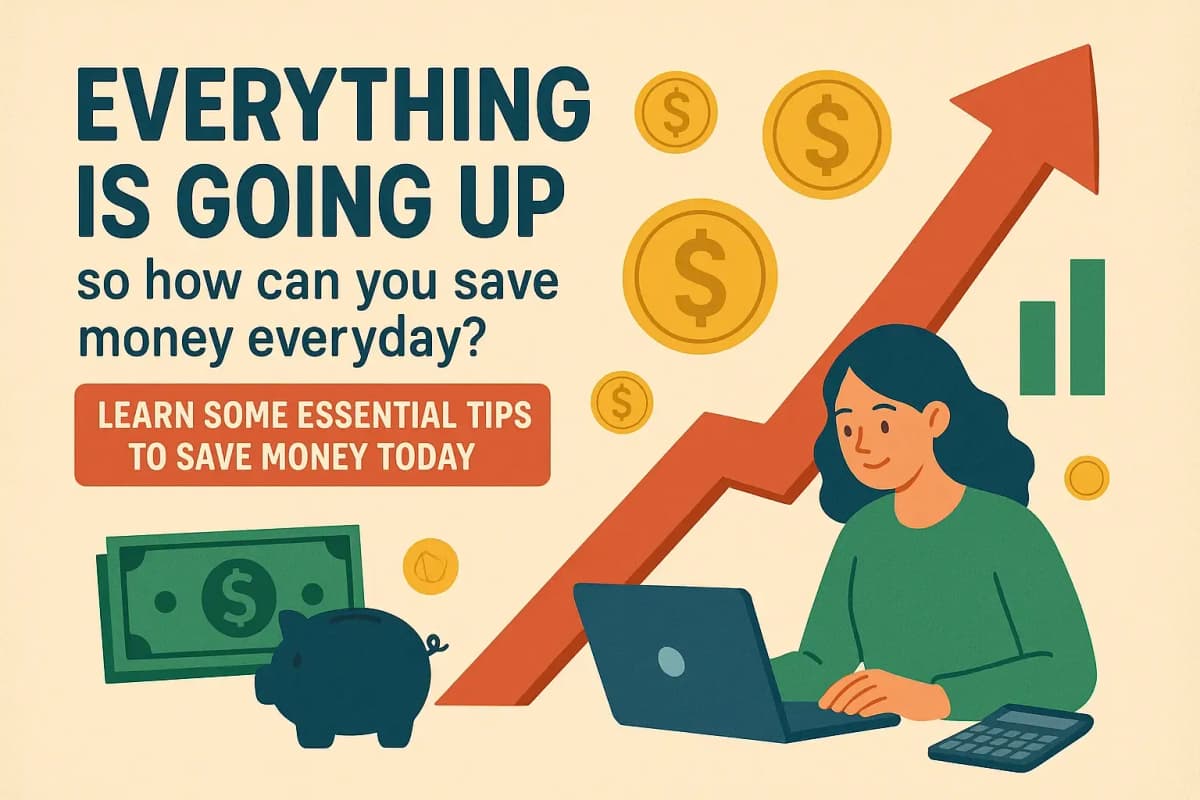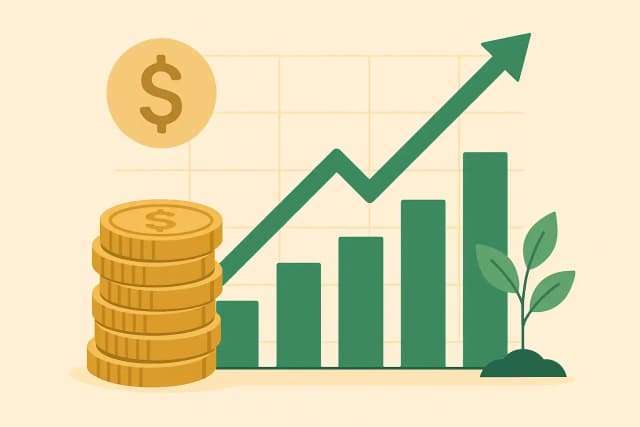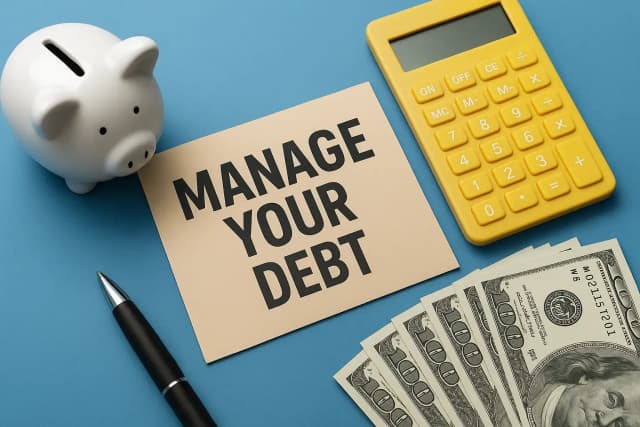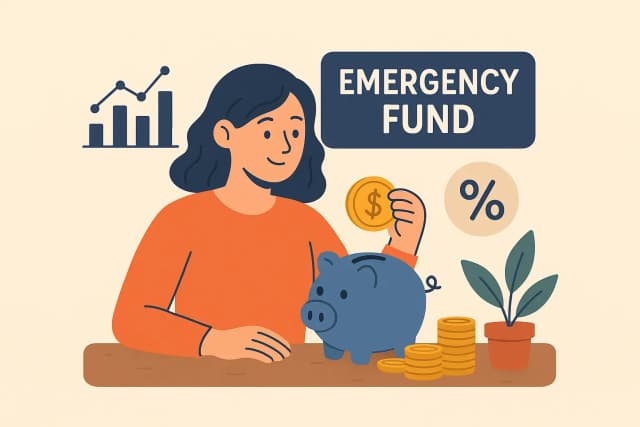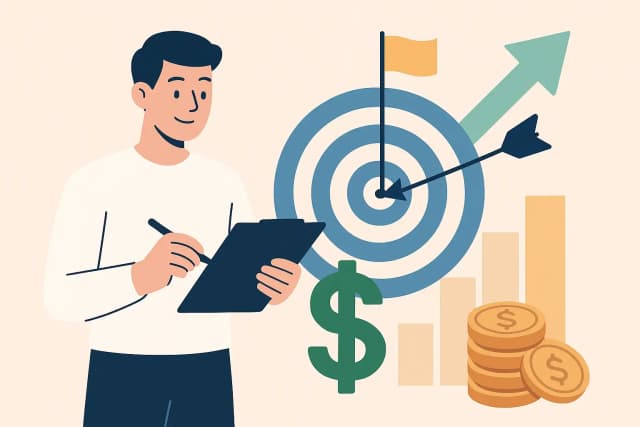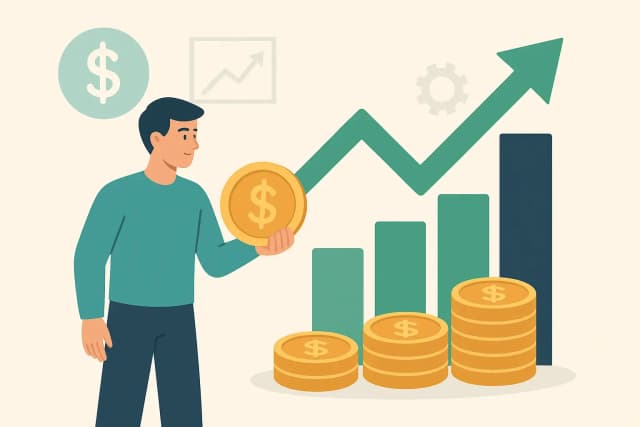Savings
How To Start Saving When You’re Broke
You can start saving money no matter your financial situation. If you feel like you have no money left at the end of each month, then a good place to start is to evaluate what you spend money on. Understanding where money goes is the first step. Once you know that, then you look at what things don't align with your priorities. A lot of time money is coming out for things that are not used anymore or for things that are no longer a providing any value to you. A good option here is to focus first on quick wins. Things you can cancel and eliminate easy, then tackle the next set of things. You may be surprised how much your expenses reduce by doing this. Saving money is not about austerity, but about wiser spending. with knowledge comes power, and you can take control of your spending by doing the things outlined below:
If you are seeking greater control over your finances or aiming to reduce your expenses, it is essential to review your budget regularly to ensure alignment with your financial objectives. Consider the following strategies:
- Evaluate your subscriptions. Assess whether you are paying for services that are unnecessary, such as multiple streaming platforms, which are common in many households.
- Review your mobile phone and Internet plans. While major providers are widely used, smaller companies can often offer more competitive rates. Assess your actual needs and compare options to optimize these costs.
- Examine your insurance policies. Significant differences in premiums exist between providers, and substantial savings can be achieved by comparing offers and switching where appropriate.
- Monitor your dining habits. Frequent dining out can accumulate substantial costs over time. While occasional outings are enjoyable, limiting them can lead to significant savings.
- Assess your vehicle requirements. Owning multiple cars increases insurance, registration, fuel, and maintenance expenses. Determine if additional vehicles are necessary for your household.
- Scrutinize your grocery expenditure. Shopping for discounts and planning meals in advance can help reduce costs. Preparing larger portions also allows for convenient lunches, reducing the need for extra purchases.
- If you have a mortgage, investigate whether alternative lenders offer lower interest rates. Be mindful of refinancing costs and consider negotiating with your current lender to secure better terms.
- Consider your technology purchases. Consistently acquiring the latest devices can be expensive. Extending the lifespan of items such as phones, laptops, and tablets can yield considerable long-term savings.
- When purchasing a vehicle, plan for extended ownership (ten years or more). This approach minimizes depreciation losses compared to replacing a car every few years.
Savings can add to a lot with a lot of small savings; you will be surprised how much you can save when you look at all the above items.
Another effective strategy is to set clear savings goals, whether it's for an emergency fund, a holiday, or future investments. Automating your savings—by setting up an automatic transfer to a dedicated account each pay period—can help you consistently put money aside without having to think about it. Tracking your spending is also crucial; regular budget reviews will highlight areas where you might be overspending and can empower you to make better choices moving forward.
Consider using budgeting apps or spreadsheets to monitor your financial habits and adjust as needed. Remember, financial wellbeing isn't just about cutting costs—it's also about making informed decisions and building habits that support your long-term goals. By being proactive and diligent, you can lay the groundwork for both short-term relief and lasting prosperity.
If you financial situation is more dire then you may need a full budget reset. What is a budget reset?
- Eliminate all expenditure that is not essential (housing, food, utility bills, medical, insurances, essential transport, debt repayments etc.). Take these expenses and see if you can reduce them, some of them you wont be able to control, such as government charges, etc. This includes subscriptions, eating out
- Look at your power usage, make sure you switch off anything on standby mode. consider switching light-blubs you use often to LED, these use significantly less power.
- Do you have more than one car? Do you really need more than one car? Eliminating a second or third car can save a lot of money on registration, insurance and maintenance costs.
Once you have this list, work out how much is left. after income. You are still in the red, then its likely you going to need to some professional advice about how to structure your debts in order to get your budget back on track.
Disclaimer - The information provided on this article is of a general nature and does not take into account your personal financial situation, needs, or objectives. It is intended for educational and informational purposes only and should not be considered as financial advice. Before making any financial decisions, you should consider whether the information is appropriate to your needs and seek independent advice from a licensed financial adviser. While all reasonable care has been taken in the preparation of this information, we make no representations or warranties as to the accuracy, completeness, or currency of the content. We are not licensed financial advisers under the Corporations Act 2001. Any reference to financial products, strategies, or investments is general in nature and is not intended to be a recommendation. Past performance is not a reliable indicator of future performance.
